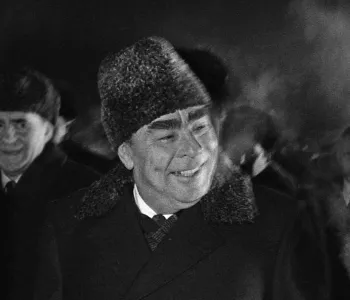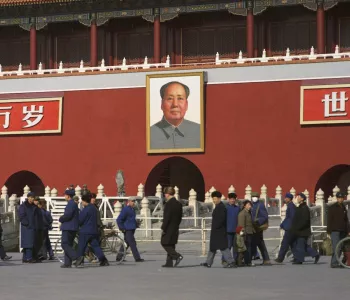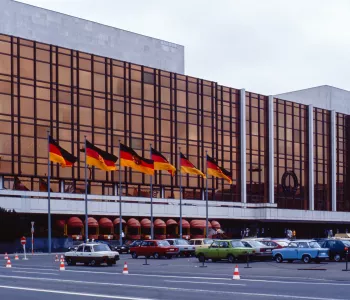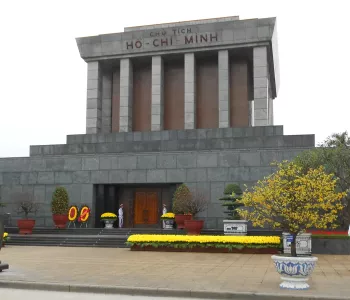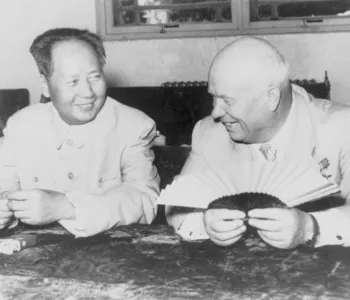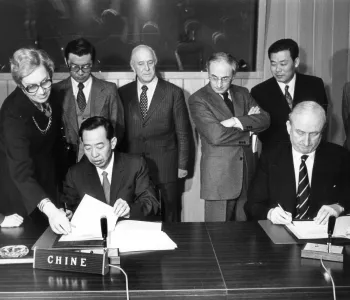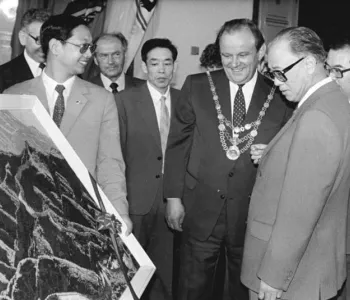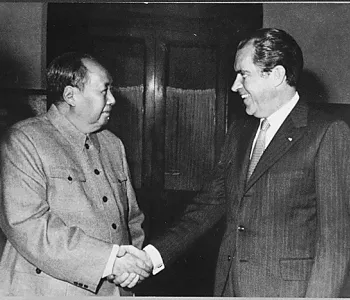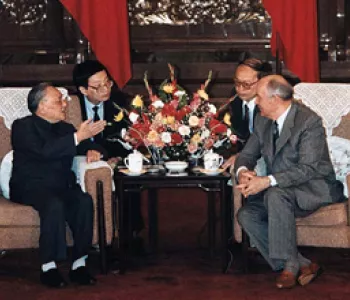Interkit was an organization created by the Kremlin to coordinate Soviet-bloc analysis of and policy toward China from 1967 until
the mid-1980s. This institution, its name derived from the Russian word for China, “Kitai,” periodically gathered China experts from the USSR, its Warsaw Pact allies, and a shifting mix of other nations aligned with the Kremlin (e.g., Mongolia, Vietnam, Laos, and Cuba). In periodic meetings, the participants—primarily communist party functionaries but also, in some cases, diplomatic and/or academic China “hands”—considered the political, economic, ideological, cultural, and other dimensions of dealing with their problematic former ally. See also Sino-Soviet Split. (Image: Cover of elementary school textbook from Guangxi, 1971)


